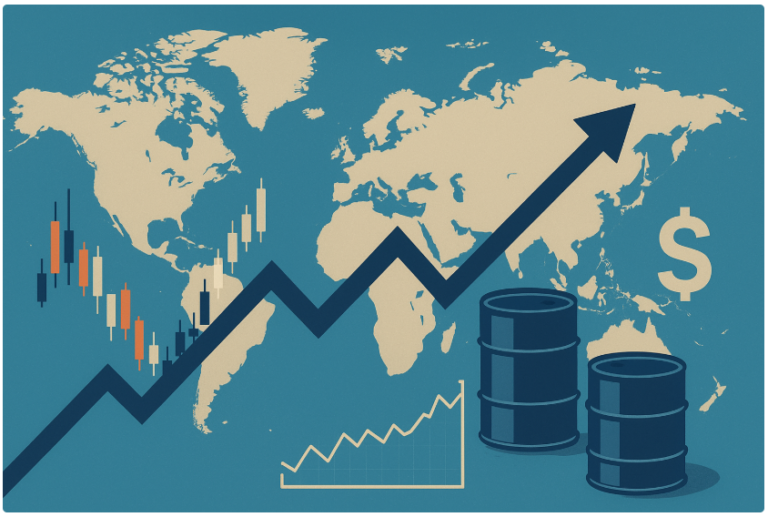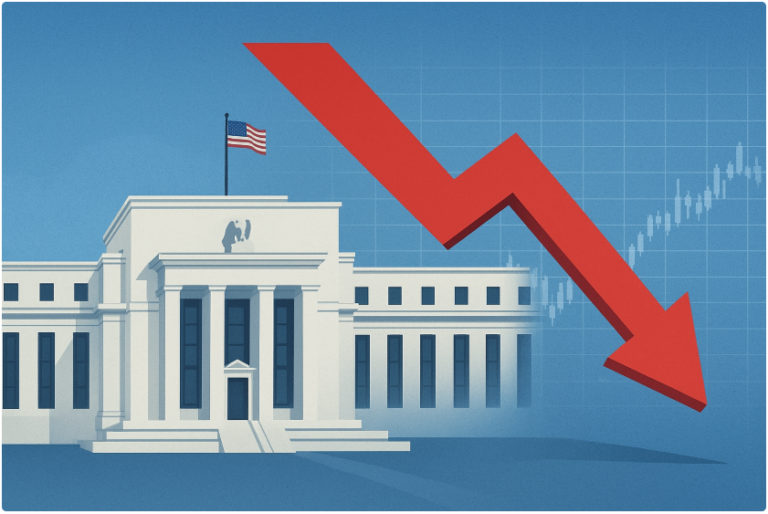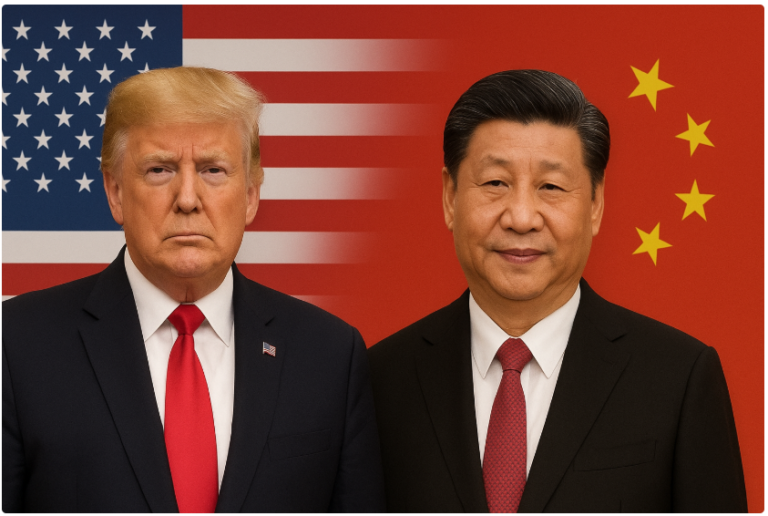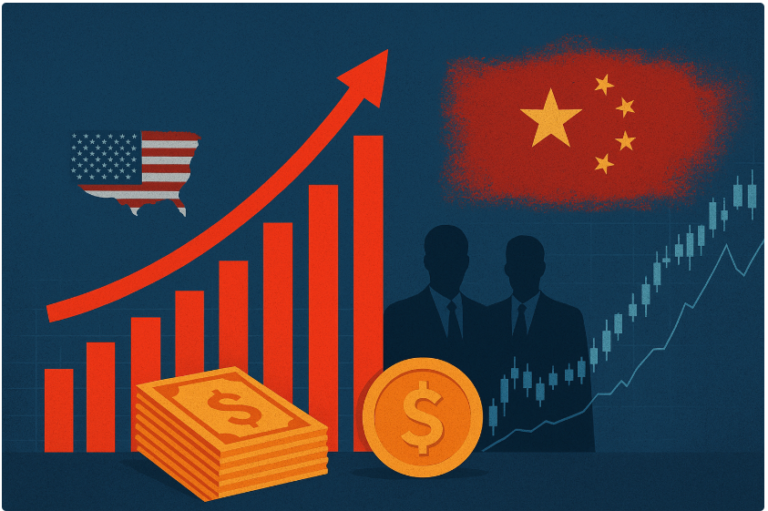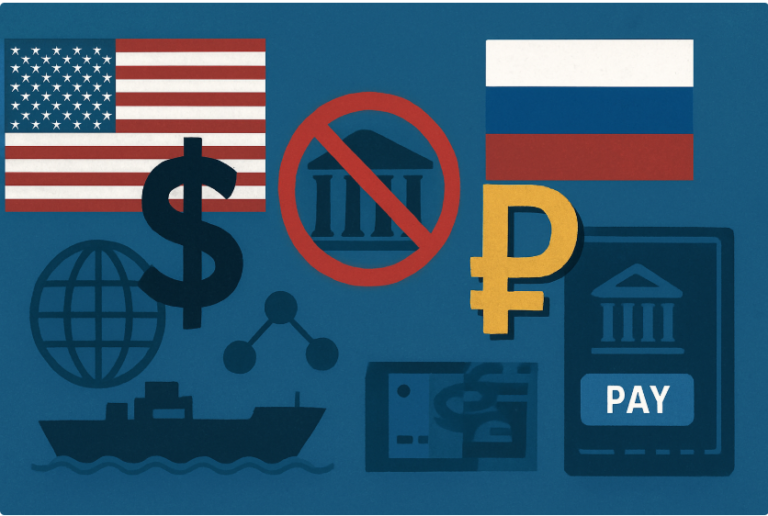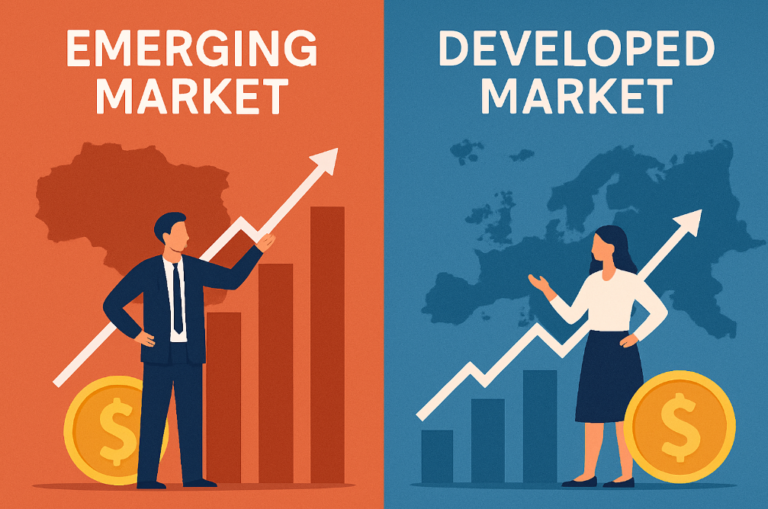Geopolitical Tensions Triggering Volatility in Financial Markets (2025 Analysis)
The year 2025 has seen geopolitical tensions emerge as a dominant driver of global financial market volatility, reshaping investment strategies and fueling inflationary pressures.
From the Ukraine conflict and Middle East hostilities to renewed U.S.–China trade frictions, investors are navigating one of the most unpredictable market environments of the decade.
